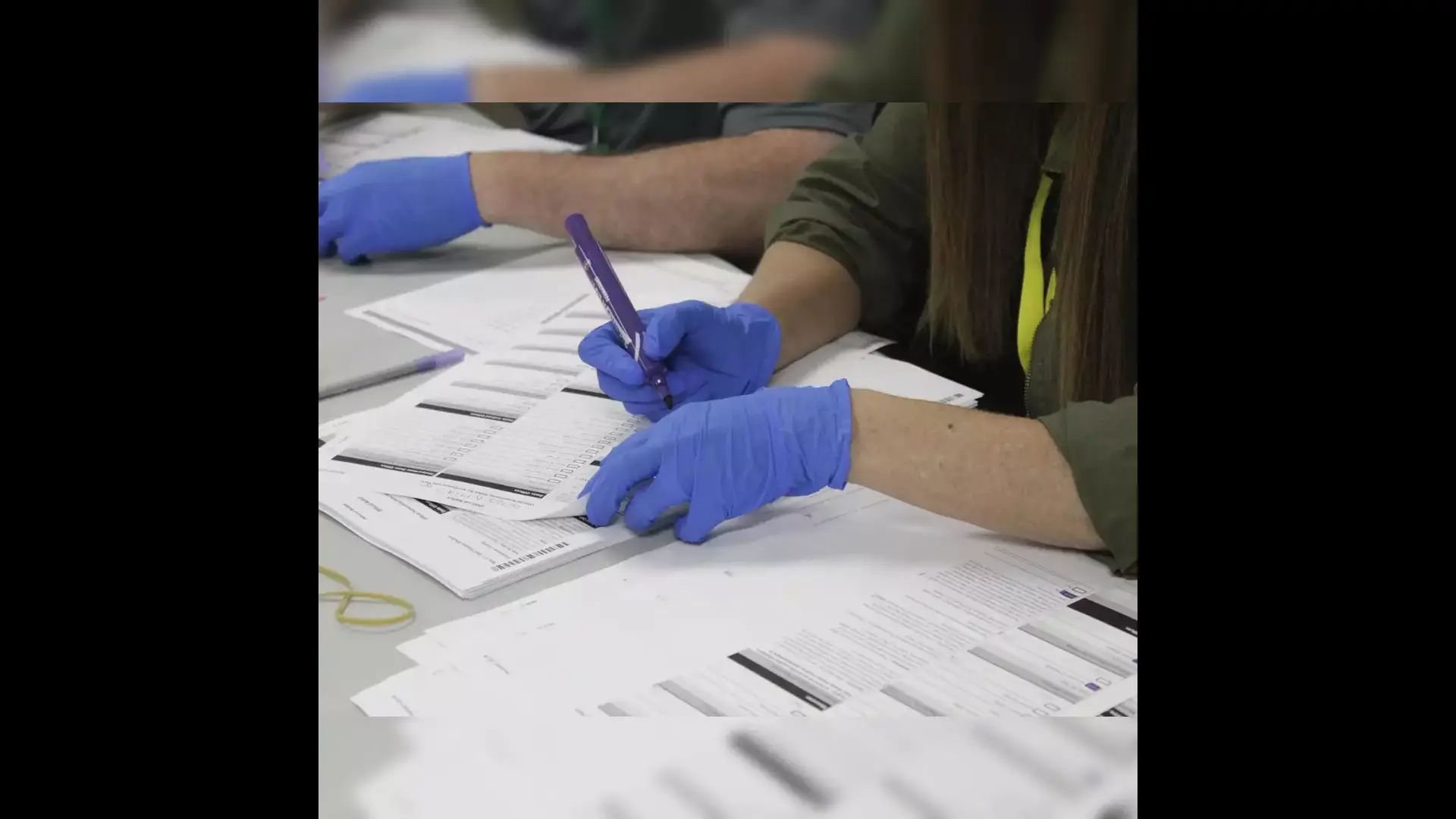New York City’s ballots for the US presidential election will include Bengali, marking it as the sole Indian language represented. This provision goes beyond ballot papers, encompassing essential voting materials to support Bengali-speaking voters, as required by city law at specific polling sites.
Despite the diversity of over 200 languages spoken across New York City, Bengali is one of just five languages offered on ballots, joining English, Chinese, Spanish, and Korean. Michael J. Ryan, Executive Director of NYC’s Board of Elections, clarified, “We are required to service four other languages besides English. These are Chinese, Spanish, Korean, and Bengali.”
The decision to include Bengali stems from a lawsuit settlement over language access, mandating support for an Asian Indian language based on population density. Bengali was ultimately chosen due to negotiation efforts. The Bengali-language ballots first appeared in 2013, following a federal directive under the 1965 Voting Rights Act to provide language assistance for South Asian minorities.
Bengali’s inclusion on New York ballots offers crucial support to voters like Subhshesh, a Times Square store sales agent with Bengali roots. While he speaks English, he notes that many community members are more comfortable with Bengali, adding, “This helps them at the polling station… I’m sure my father will appreciate seeing a Bengali ballot.”
The Bengali-speaking community in New York, consisting of immigrants from India, Bangladesh, and other South Asian nations, is expected to benefit from this support. Dr. Avinash Gupta, President of the Federation of Indian Associations, emphasized the positive impact on voter engagement: “It encourages the Indian population to vote, making our voices heard. It’s inspiring to see Indians actively participate in elections.”







